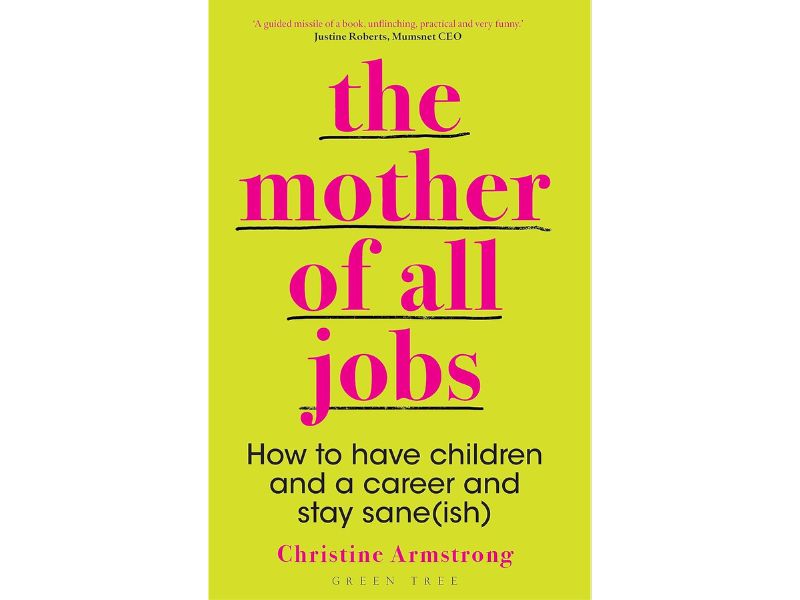Despite equal talent and drive, research shows us that optimists will succeed where pessimists fail.
The good news is that it’s possible to learn to become an optimist, and respond better to adversity. Behind optimism is a set of skills we can adopt and develop. We can all practice interpreting what happens to us and respond as an optimist would. And when the skills of optimism are practiced over and over again, they become part of us—a mindset.
Science has shown us that our capacity for resilience is not genetically fixed. We can all become grittier. We just have to mold our mindset into a more resilient one, unlocking our hidden energizers. But how do we do this?
Self-compassion
Self-compassion—empathy towards ourselves—is crucial. Several years ago, psychologists Laura King at the University of Missouri-Columbia and Joshua Hicks at Texas A&M University studied a group of people who had experienced significant disappointments in life, such as divorce.
They focused on the concept of possible selves, the selves we imagine we would have been had we not experienced a particular monumental failure or disappointment. Specifically, they looked at how losing a possible self-impacted a person’s happiness after some time. The results? The happy individuals took a compassionate stance towards their former selves while those that remained unhappy tended to have an unusually brutal perspective on their former selves. The researchers conclude that self-compassion helps us to be more realistic. It helps our mind to generate a broader and more accurate view of what happened to us.
Reframe your story
We are all on a journey and, over time, certain beliefs that were helpful at one point can become a burden. The story we created in our mind after a setback and stored on our hard drive becomes toxic. If we want to move forwards, we need to reframe what happened to us and create a different story, one that is positive and healthy for us.
Believe your efforts improve your future
We truly have to believe our efforts improve our future. Seligman’s famous experiments show that past learning impacts future behavior. When presented with a negative situation, dogs without previous conditioning will always escape the electrified cage and humans will always stop an irritating noise. But when dogs or humans learn that their behaviour to stop a negative trigger like electricity or noise doesn’t change their situation, they eventually stop trying. Even worse, they copy this behaviour of not trying to learn from new situations. Science calls this learned helplessness, as talked about earlier. To break the negative cycle, we have to truly believe our efforts can improve our future, just like the famous psychologist William James did. We should reframe our situation from “there is a big problem with no solution” to “there is no solution yet but my efforts will improve my situation.” Once we feel more in control of our destiny, we tap into action-triggered motivation to get us going in a new direction. We start small, even very small, and use the motivation that gets released after a small win to trigger something bigger.
Reframe your past
Reframe your past as an optimist would do. We all have a consistent thinking pattern about life’s twists and turns—a mindset of which most of us are unaware. By studying people who do not give up easily after failure or hardship, researchers found that optimists are grittier than pessimists because they consider a setback as an opportunity to learn. Pessimists don’t. Optimism isn’t genetic. It all comes down to the explanatory style we use to categorize bad events. Optimists externalize bad life events, seeing them as temporary and solvable. Pessimists personalize bad life events attributing them to permanent, unsolvable causes. Pessimists project past failure into their future, which causes hopelessness.
About the author
 Jeroen De Flander is one of the world’s most influential thinkers on strategy execution and a highly regarded keynote speaker. He is the number 1 bestselling author of Strategy Execution Heroes and The Execution Shortcut and has shared the stage with prominent thinkers such as Michael Porter, Costas Markides, Roger Martin, Robert Kaplan and David Norton. He has helped more than 36,000 managers in 40+ countries master the necessary leadership skills, and his popular blog has 45,000 weekly readers.
Jeroen De Flander is one of the world’s most influential thinkers on strategy execution and a highly regarded keynote speaker. He is the number 1 bestselling author of Strategy Execution Heroes and The Execution Shortcut and has shared the stage with prominent thinkers such as Michael Porter, Costas Markides, Roger Martin, Robert Kaplan and David Norton. He has helped more than 36,000 managers in 40+ countries master the necessary leadership skills, and his popular blog has 45,000 weekly readers.
Jeroen has also worked with numerous business schools including London Business School, IMD, Vlerick, Solvay and Tias. He has advised 75+ companies including Atos Worldline, AXA, Bridgestone, Brussels Airport, CEMEX, Credit Suisse, GDFSUEZ, Honda, ING, Johnson & Johnson, Komatsu, Nike, and Sony, and is co-founder of the performance factory – a leading research, training, and advisory firm.
The Art of Performance: The Surprising Science Behind Greatness by strategy execution expert, Professor Jeroen De Flander is out now (UK £18 / US $22). Follow his popular blog (50K weekly readers): jeroen-de-flander.com








